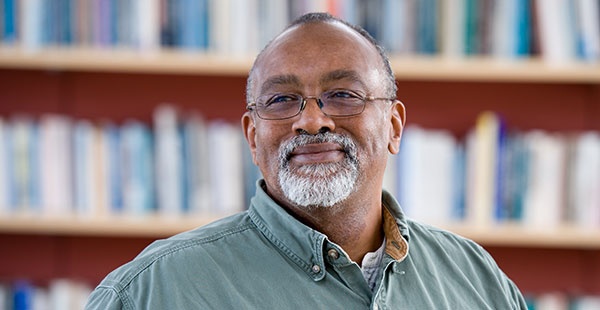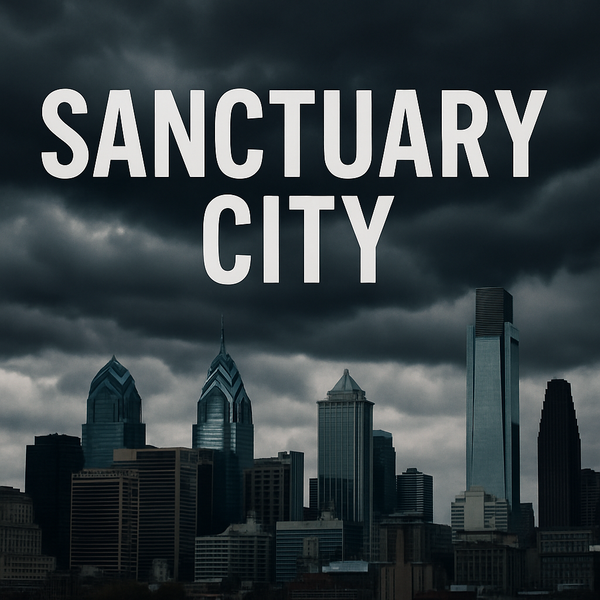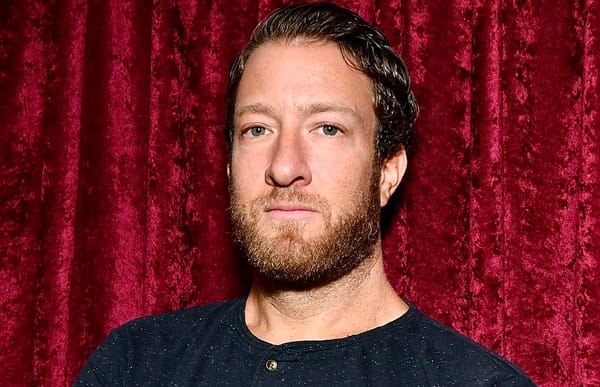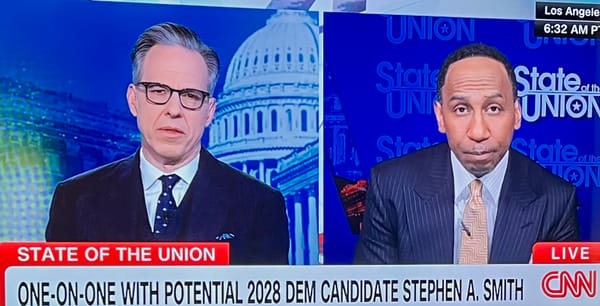Guest writer: The case for Black patriotism
Glenn C. Loury is a professor of economics at Brown University and a senior fellow at the Manhattan Institute. This is an edited version of a lecture delivered at Arizona State University’s School of Civic and Economic Thought and Leadership on February 1.
—-
There is a fashionable standoffishness characteristic of much elite thinking about Blacks’ relationship to America—as exemplified, for instance, by the New York Times’s 1619 Project. Does this posture serve the interests, rightly understood, of Black Americans? I think that it does not.

Indeed, a case can be made that the correct narrative to adopt today is one of unabashed Black patriotism—a forthright embrace of American nationalism by Black people. Black Americans’ birthright citizenship in what is arguably history’s greatest republic is an inheritance of immense value. My answer for Black Americans to Frederick Douglass’s famous question—“Whose Fourth of July?”—is, “Ours!”
Is this a venal, immoral, and rapacious bandit-society of plundering white supremacists, founded in genocide and slavery and propelled by capitalist greed, or a good country that affords boundless opportunity to all fortunate enough to enjoy the privileges and bear the responsibilities of citizenship? Of course, there is some warrant in the historical record for both sentiments, but the weight of the evidence overwhelmingly favors the latter. The founding of the United States of America was a world-historic event by means of which Enlightenment ideals about the rights of individual persons and the legitimacy of state power were instantiated for the first time in real institutions.
African slavery flourished at the time of the Founding, true enough. And yet, within a century of the Founding, slavery was gone and people who had been chattel became citizens of the United States of America. Not equal citizens, not at first. That took another century. But African-descended Americans became, in the fullness of time, equal citizens of this republic.
Our democracy, flawed as it most surely is, nevertheless became a beacon to billions of people throughout what came to be known as the “free world.” We fought fascism in the Pacific and in Europe and thereby helped to save the world. We faced down, under the threat of nuclear annihilation, the horror that was the Union of Soviet Socialist Republics. Moreover, we have witnessed here in America, since the end of the Civil War, the greatest transformation in the status of a serfdom people (which is, in effect, what Blacks became after emancipation) to be found anywhere in world history.
This narrative of human liberty begins in the incredible trauma of the Civil War, with more than 600,000 dead in a country of 30 million. Some say that the war wasn’t fought to end slavery; it was fought to preserve the union. Lincoln, they say, would have been happy to see the union preserved even if slavery had persisted. I expect that this is correct, though he surely abhorred slavery. But the fact remains that the consequence of that war was, together with the Thirteenth, Fourteenth, and Fifteenth Amendments, to make the chattel—the African slaves and their descendants—into citizens.
It shouldn’t have taken 100 years; they shouldn’t have been slaves in the first place. True enough. But slavery had been a commonplace human experience since antiquity. Emancipation—the freeing of slaves en masse, the movement for abolition—that was a new idea. A Western idea. The fruit of Enlightenment. An idea that was brought to fruition over a century and a half ago here, in the United States of America, liberating millions of people and creating the world we now inhabit.
This great and historic achievement surely would not have been possible without philosophical insights and moral commitments cultivated in the seventeenth and eighteenth centuries in the West—ideas about the essential dignity of human persons and about what makes a government’s exercise of power over its people legitimate. But something new was created here in America at the end of the eighteenth century. Slavery was a holocaust out of which emerged something that actually advanced the morality and the dignity of humankind—namely, emancipation. The abolition of slavery and the incorporation of Africa-descended people into the body politic of the United States of America was an unprecedented achievement.
To those, like the influential writer Ta-Nehisi Coates, who dismiss the American dream as irrelevant to Blacks or worse, I would ask, “Have you noticed what has happened here in the United States in the last century?”
The Swedish economist Gunnar Myrdal came to the United States in the late 1930s, with backing from the Carnegie Corporation, to survey the condition of “the Negro” in American society. In 1944, when he published his study, An American Dilemma: The Negro Problem and Modern Democracy, the modal occupation for African-American men was farm laborer, and the typical occupation of African-American women was domestic servant. The median family income of blacks relative to whites was about 50 percent. The status of African-American education, voting rights and citizenship, and access to the professions was abysmal. This is within my lifetime.
In the last 75 years, a vast Black middle class has developed. There are Black billionaires. The influence of Black people on the culture of America is stunning and has global resonance. Some 40 million strong, Black Americans are the richest and most powerful population of African descent on the planet. There are 200 million Nigerians, and the gross national product of Nigeria is just about $1 trillion per year. America’s GNP is over $20 trillion a year, and we 40 million African-Americans have claim to roughly 10 percent of it. We have access to ten times the income of a typical Nigerian. What is more, the very fact that the cultural barons and elites of America—who run The New York Times and the Washington Post, who give out Pulitzer Prizes and National Book Awards, who make the grants at the MacArthur Foundation and run the human resources departments of corporate America—have bought in to the new woke racial sensibility hook, line, and sinker gives the lie to the pessimism that the American dream doesn’t apply to Blacks. It most certainly and emphatically does apply, and it is coming to fruition daily.
The central issue, then, is a question of narrative. Are we going to look through the dark lens of the U.S. as a racist, genocidal, white supremacist, illegitimate force? Or are we going to see it for what it has become over the course of the last three centuries: the greatest force for human liberty on the planet? This conflict of narratives is worth arguing about—with Ta-Nehisi Coates; with Colin Kaepernick; with the Black Lives Matter activists; with the officials who will exercise power in the Biden administration; and with the editorial staff of The New York Times. The narrative we Blacks settle upon about the American project is fundamentally important to our nation’s future.



